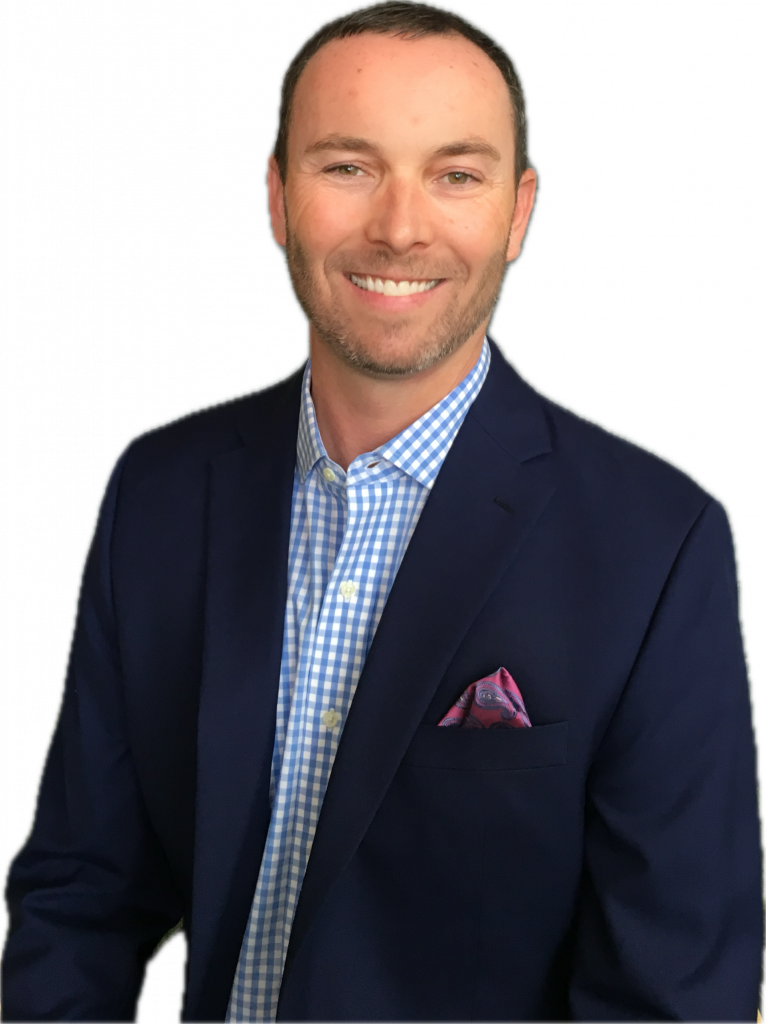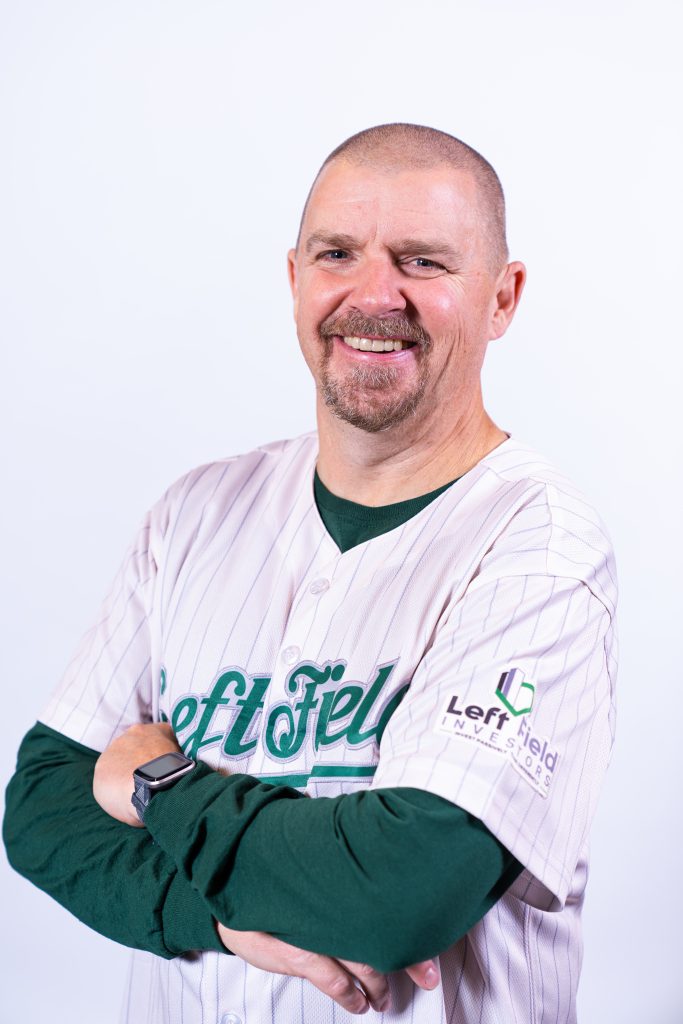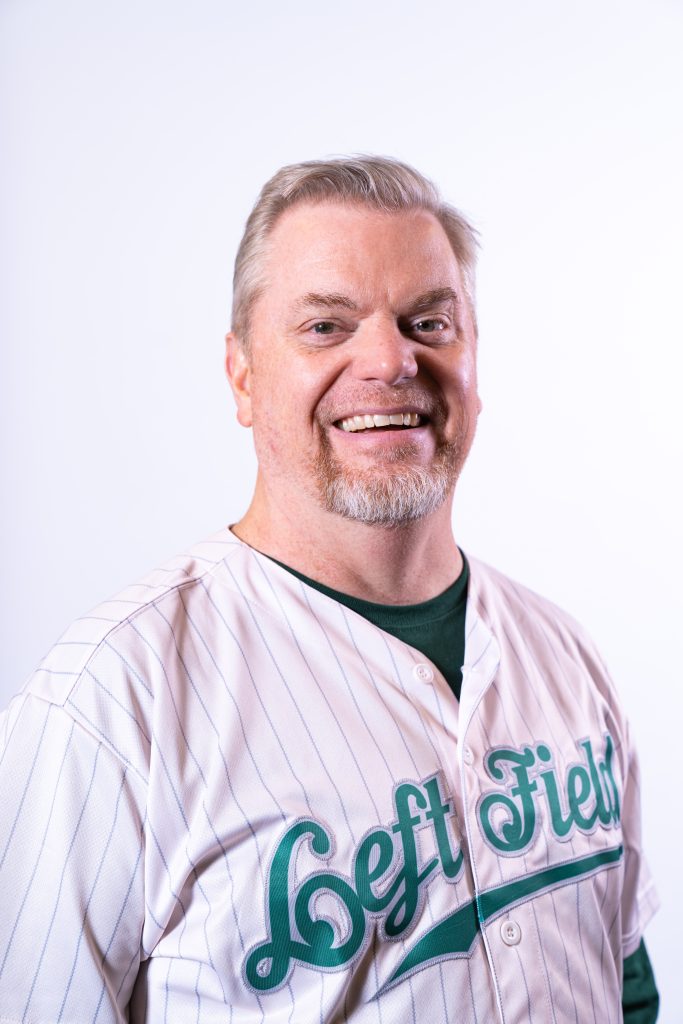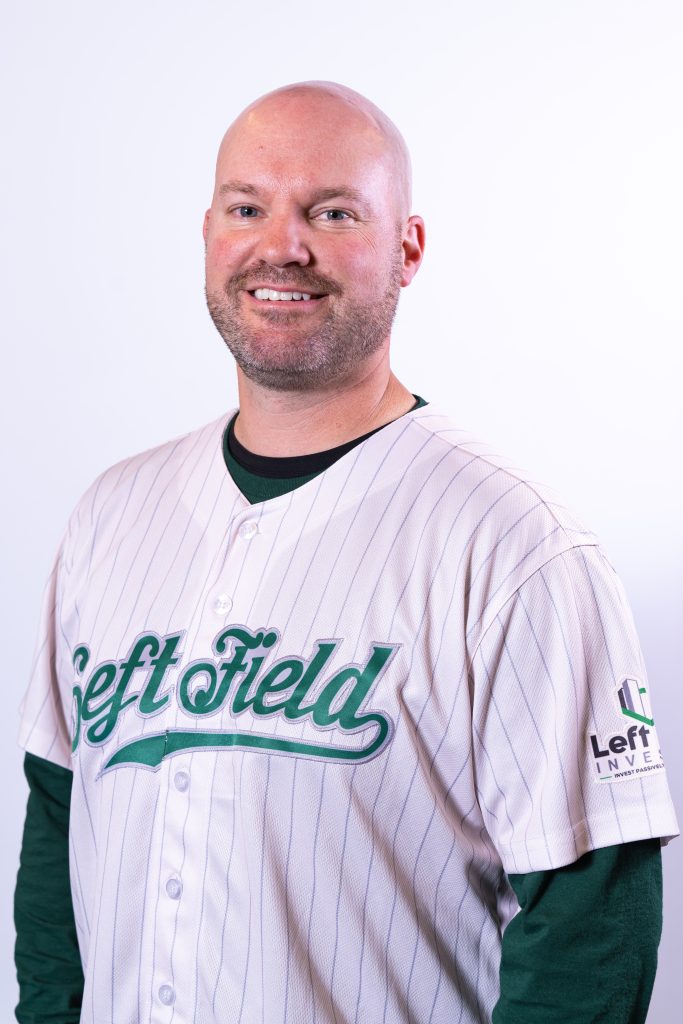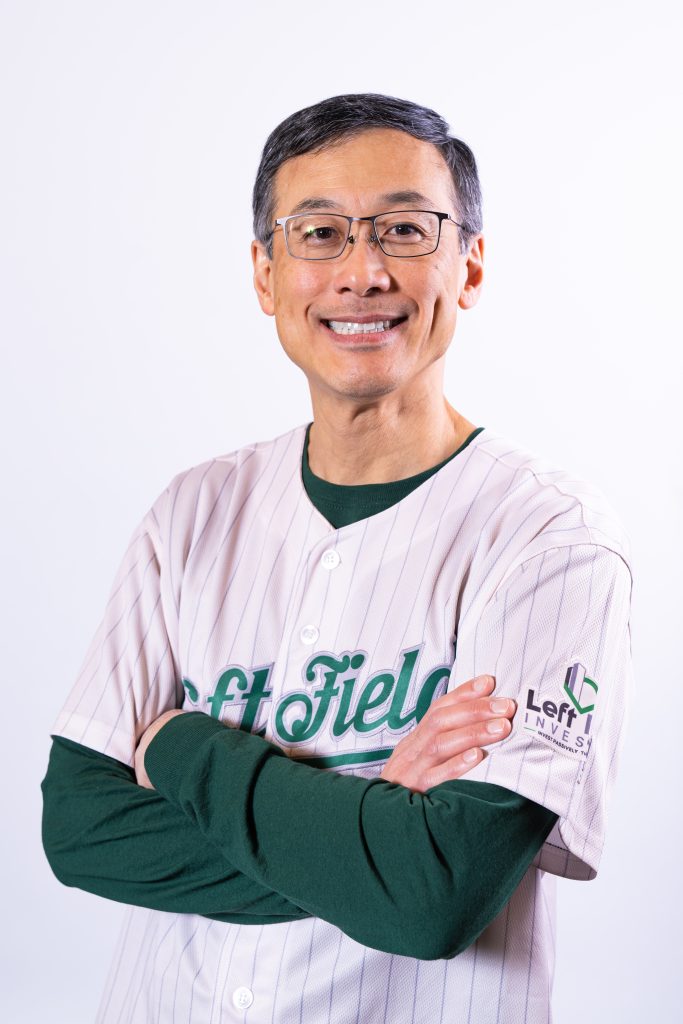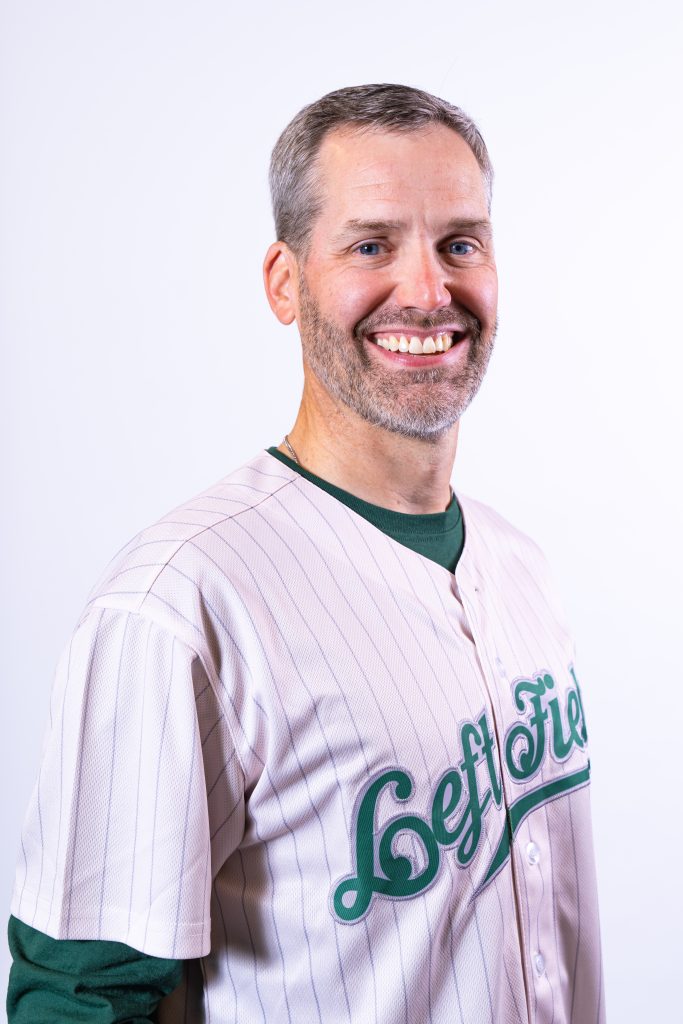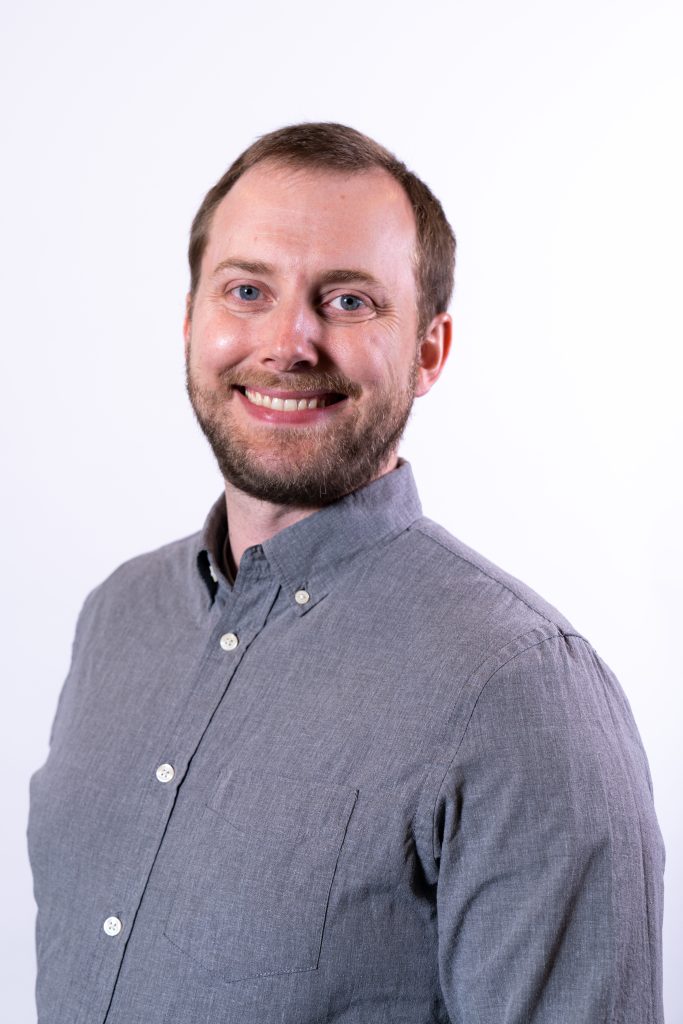I started down the path of passive investing as many of us did, after I picked up a little purple book called Rich Dad, Poor Dad. After reading that book and doing a little networking, I teamed up with a local real estate investor in Phoenix where I lived at the time. I ended up trading a lot of free time and labor for lessons in real estate and investing that I still carry with me today. The realities of the real world and needing money to get by took over so I didn’t take action related to real estate and instead took a job in a related career in the mortgage industry.
This would lead me down the traditional road of investing through a 401(k) at work, and I didn’t really think twice about real estate for a few years. Because I worked in the mortgage industry and became known as the “money guy” who had an interest in investing, real estate, and personal finance, I started to get questions from friends and family about how to budget, what to think about when buying a house, and other financial questions. I really didn’t feel like I was an expert by any means and wanted to be a better resource in those areas so I started to dig in a bit more into financial coaching and understanding more about investing and personal finance. This was around the time that podcasts and the FIRE (Financial Independence, Retire Early) movement were growing simultaneously. Many of you understand how quickly a combination of podcasts, Google searches, and the FIRE movement can lead you into spending hours taking a deep dive into these topics. This is where the thoughts and ideas from Rich Dad, Poor Dad were reignited and led me down the path that I’ve been on since those days in the late 2000’s and early 2010’s.
After spending a few more years listening and reading, I finally overcame my analysis paralysis and jumped into turnkey real estate investing through a podcast resource, Real Wealth Network, that I had been listening to for some time. Real Wealth Network is an online educational resource and turnkey broker geared specifically toward building passive income through purchasing rental properties from experienced, vetted turnkey providers throughout the U.S. In 2016 I purchased my first duplex, sight unseen, in Indianapolis by using money from a home equity line of credit backed by the equity in our personal residence. Like eating just one Pringles chip or getting a first tattoo, I could not buy just one. Within the next year and half, my wife and I used the combination of cash flow from real estate, more HELOC funds, and diverted money from traditional retirement options to purchase three more turnkey rentals in Kansas City, Memphis, and Cincinnati. As of the writing of this blog, we own ten doors across seven units with one more single family purchase under contract. We own one additional unit in Cincinnati and one triplex in Ocala, Florida. After purchasing my first few turnkey properties, I realized the number of properties that I would need to reach financial independence would be difficult to reach with a full-time job while managing all of the properties and property managers. I needed a more scalable solution.
My investment bug got bigger in late 2017 when our second-generation family insurance business, that I operated as CEO, was sold. Because of this, my path widened over the following years with regard to investment strategies due to my growing passion for investing, but it spread a bit too wide due to my growing shiny object syndrome. The path varied a bit from turnkeys to dabbling with investments in several different areas, such as P2P (peer-to-peer) lending (doing micro-loans to individuals), real estate crowdfunding, note lending, life insurance settlements, mobile home park investing, start-up companies, new development projects (raw land to developed land), cryptocurrencies, options trading, oil and gas, high cash value life insurance, a franchise investment, and a large focus on multifamily syndications. In one way or another, each of those different strategies ties back to an article, networking group, or podcast host or guest that introduced why each was the next best shiny object, and I followed along.
Within this time, I came across Buck Joffrey’s podcast, Wealth Formula, that had a different spin on real estate and investing. Through his podcast and content, I learned more about wealth in general, and I was also introduced to a multi-family real estate syndicator that I researched and became comfortable enough with to invest. That syndication has come full cycle and exited successfully, reinforcing my belief in that syndicator and the importance of the syndicator in the due diligence process. Through all my syndication experiences so far, I have learned that the syndicator is most important, followed by the market, and finally, followed by the deal itself. I’ve also learned I can use each of those factors to diversify or concentrate my syndication investment portfolio to tailor it to my goals and risk tolerance.
You might be thinking that this guy is all over the place, and you’d be right! I enjoy learning about and investing/dabbling in different areas. However, at the end of the day, my focus is to shift away from the old mantra of accumulating a pile of cash and withdrawing no more than 4% per year in retirement, to my new philosophy of building diversified streams of income that are sustainable and passive. Those streams of income, when built properly, will eventually become the sole source of income to give my family the financial independence and freedom to live life more on our terms rather than having to trade time for dollars in a one-to-one ratio. Looking back at starting with the FIRE movement, I don’t ever see myself retiring in the traditional sense, but the goal is definitely to get to the point where our passive investment income exceeds our monthly living expenses. I really enjoy working toward this goal, and now through Left Field Investors (which came about as a result of a connection with Jim Pfeifer through the Wealth Formula networking group), I hope that we, as a group of like-minded individuals, will help one another achieve our financial goals.
Ryan’s work life resides in the transportation insurance industry. When he’s not working or attending one of his boys’ sporting events, he’s working on passive investing of some sort that currently includes nearly twenty real estate syndications and a handful of rental properties across the country, among some other past endeavors.
Nothing on this website should be considered financial advice. Investing involves risks which you assume. It is your duty to do your own due diligence. Read all documents and agreements before signing or investing in anything. It is your duty to consult with your own legal, financial and tax advisors regarding any investment.


